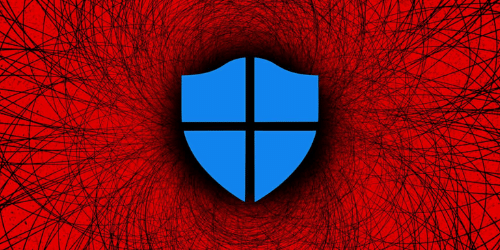Cybersafety Sentinel June 2023 Week 1 | Informatica
Weekly Insights from Cybersafety Sentinel
Stay updated with Informatica’s Cybersafety Sentinel’s June 2023 Week 1 edition. This week, we cover critical topics such as the cyber attack on the Northern Ontario School of Medicine, SuperVPN’s data exposure, and federal cybersecurity certification for defense contractors. Gain expert strategies to enhance your cybersecurity measures and protect your digital assets.
Featured Cybersafety Sentinel Posts
Check out our featured posts below for the latest insights from Cybersafety Sentinel.

Claudiu’s Top Post
Despite its icky fearmongering narrative, this largely one-sided investigative report is nevertheless an interesting exposé that does a good job of revealing the multilateral struggle for political and commercial dominance currently taking place in cyberspace, using state-sponsored information warfare. Read More

SuperVPN Exposes 360M User Records
While SuperVPN claims that it does not store user logs, the leaked data shows otherwise and contradicts the company’s policy. When opting for a free VPN service, it’s essential to exercise caution and consider certain red flags that indicate potential risks. Read More

More Canadian Authorities Investigating ChatGPT
Federal and provincial privacy authorities in Canada are pursuing a joint investigation into OpenAI, the company that makes ChatGPT, after receiving a complaint about the firm’s disclosure of personal information. The complaint that sparked the investigation into OpenAI claimed the company collected, used and disclosed personal information without consent. Read More

Concordia Research: Identifying Fake News
Participants were asked questions to identify their political ideology and equipped with an EEG headset to measure brain activity in the prefrontal cortex. Their actual score was often well below what was expected, triggering a reduction in confidence in their own ability to identify fake headlines. “Actively open-minded thinking is key to combating fake news: A multimethod study” Read More

Medical School Cyber Attack
There are still more questions than answers following a cyber attack at the Northern Ontario School of Medicine. However, the school announced May 19 that earlier that week it had fallen victim to a cyberattack. The school is expected to release more information this week. Read More

Cybersecurity Certification for Defence Contractors
The federal government says certain defence contracts will be subject to a mandatory cybersecurity certification process starting in the winter of 2024. She also said defence contractors are often targets of malicious cyberattacks that threaten unclassified government information and put supply chains at risk. Read More








